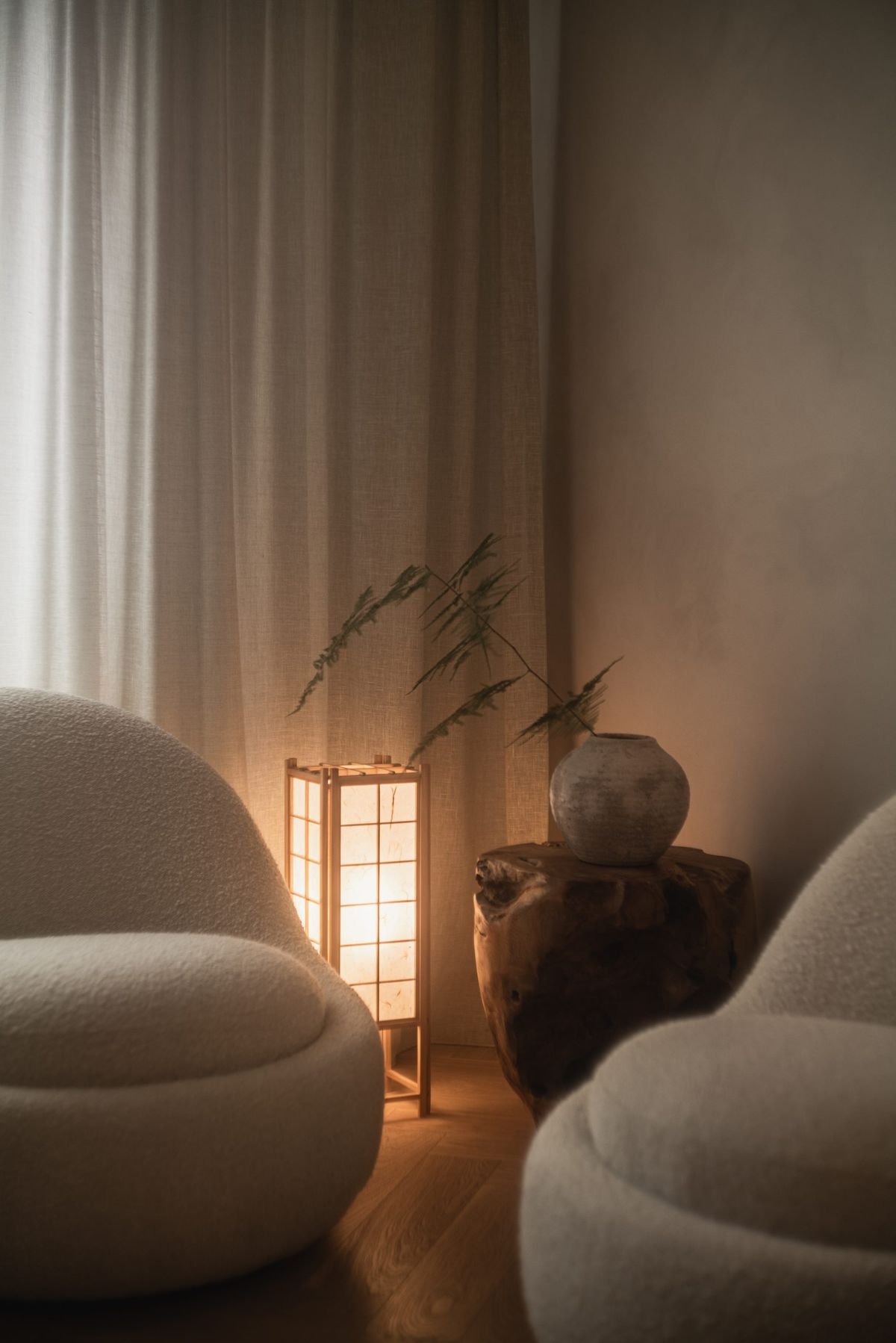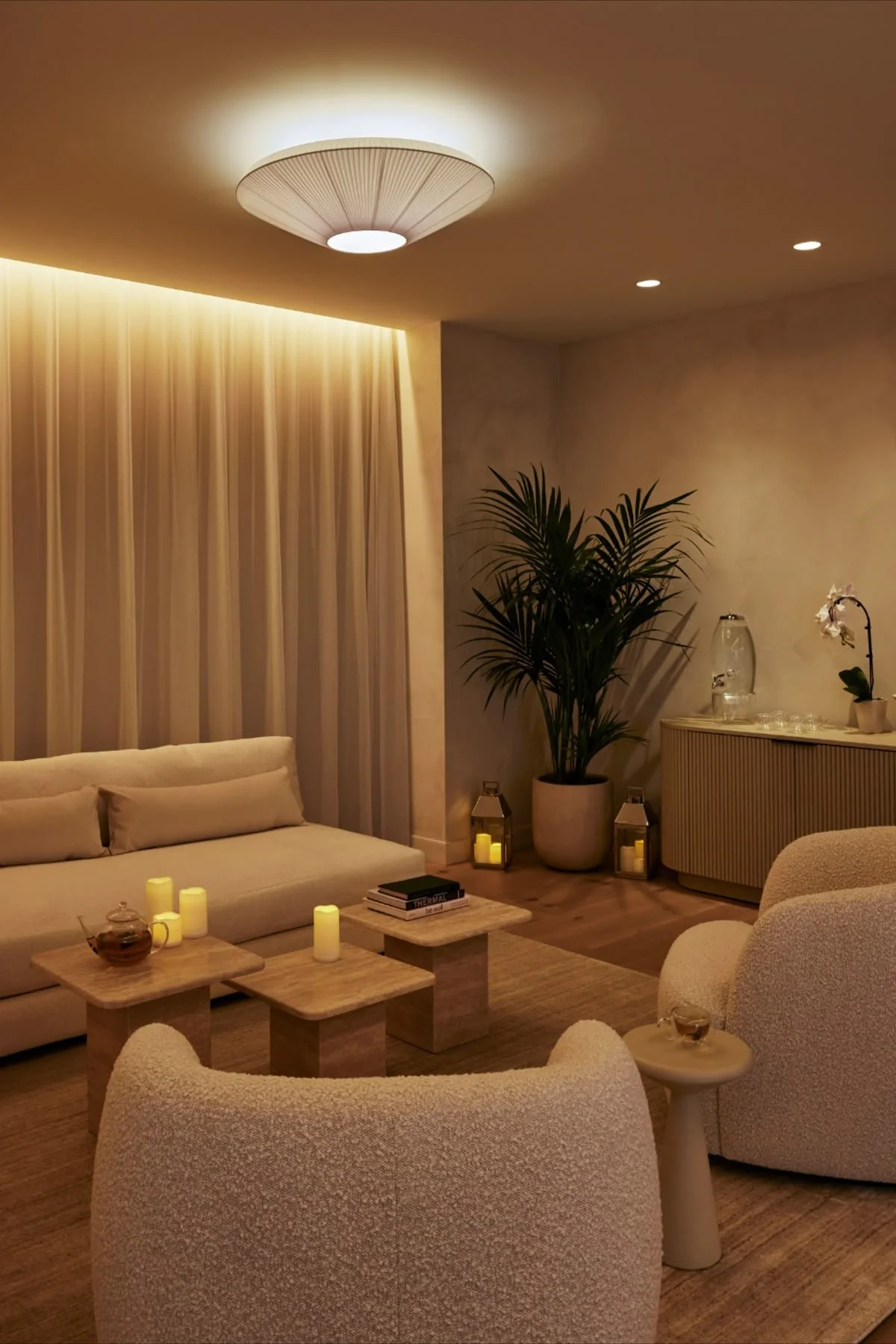What Exactly Is PPPD?
-
Persistent Postural-Perceptual Dizziness (PPPD) is a long-term condition with dizziness, unsteadiness, or swaying sensations.
Symptoms last 3+ months and worsen with standing, walking, or visual stimulation (crowds, traffic, screens).
-
Often begins after a balance disruption: inner ear issue, viral illness, or stressful event.
The original trigger may heal, but the brain stays “stuck” in alert mode.
-
Doesn’t appear on standard medical tests.
Diagnosis is based on symptoms and their impact on daily life.
Not due to a damaged balance system, but the brain’s maladaptive response.
-
Over-reliance on vision for balance.
Heightened body awareness and anxiety.
A feedback loop that maintains dizziness.
-
Treatable with a mix of vestibular rehab, therapy (CBT), and sometimes medication.
Goal: retrain the brain, regulate the nervous system, restore balance.
How can Balens Therapy help with PPPD?
Understanding PPPD
At Balens Therapy, we understand that PPPD is more than just feeling off balance; it’s a whole-body experience that can disrupt your daily life, make you anxious about moving, and leave you feeling stuck in survival mode. But you don’t have to navigate it alone.
Our Therapeutic Approach
Our evidence-based approach is rooted in compassion. We use CBT (Cognitive Behavioural Therapy) to calm your nervous system, ease anxiety, and help you feel steadier and in control. We’ll help you recognize and shift thought patterns that keep your nervous system on high alert, gently reframe your relationship with your symptoms, and build new coping tools that support healing.
Mind-Body Connection & Holistic Care
Our holistic and trauma informed style looks at the full picture—mind and body, which creates space for nervous system regulation and body awareness. We may incorporate nature-based strategies (like grounding practices with plants or mindfulness inspired by natural cycles) to help you feel calmer and more connected during the healing process.
Collaboration & Comprehensive Support
We’ll coordinate with specialists like vestibular rehab physiotherapists and support you in conversations about medication if needed—so you feel supported on all sides.
Tailored, Individualized Care
Your healing is unique. Whether you’re just starting your PPPD journey or have been navigating it for years, we’ll meet you where you are and help you move from coping to confidence.
PPPD RESOURCES
Persistent Postural Perceptual Dizziness
Educational Documents:
Click Here for Balens Therapy PPPD Blog Posts
External Links:
Persistent Postural-Perceptual Dizziness. Staab JP. Seminars in Neurology. 2020;40(1):130-137. doi:10.1055/s-0039-3402736.
Persistent Postural-Perceptual Dizziness: Review and Update on Key Mechanisms of the Most Common Functional Neuro-Otologic Disorder. Staab JP. Neurologic Clinics. 2023;41(4):647-664. doi:10.1016/j.ncl.2023.04.003.
Persistent Postural-Perceptual Dizziness: Precipitating Conditions, Co-Morbidities and Treatment With Cognitive Behavioral Therapy. Waterston J, Chen L, Mahony K, Gencarelli J, Stuart G. Frontiers in Neurology. 2021;12:795516. doi:10.3389/fneur.2021.795516.
A Review on the Alterations in the Brain of Persistent Postural-Perceptual Dizziness Patients and Non-Pharmacological Interventions for Its Management. Sun L, Xiang K. Reviews in the Neurosciences. 2020;31(6):675-680. doi:10.1515/revneuro-2019-0109.
Predictors of Persistent Postural-Perceptual Dizziness (PPPD) and Similar Forms of Chronic Dizziness Precipitated by Peripheral Vestibular Disorders: A Systematic Review. Trinidade A, Cabreira V, Goebel JA, et al. Journal of Neurology, Neurosurgery, and Psychiatry. 2023;94(11):904-915. doi:10.1136/jnnp-2022-330196.
Brain Correlates of Persistent Postural-Perceptual Dizziness: A Review of Neuroimaging Studies. Indovina I, Passamonti L, Mucci V, et al. Journal of Clinical Medicine. 2021;10(18):4274. doi:10.3390/jcm10184274.
Introduction to the Assessment and Management of Persistent Postural-Perceptual Dizziness. Kaski D. The Journal of Laryngology and Otology. 2024;138(S2):S27-S31. doi:10.1017/S0022215123002153.
Subtypes of Persistent Postural-Perceptual Dizziness. Yagi C, Morita Y, Kitazawa M, et al. Frontiers in Neurology. 2021;12:652366. doi:10.3389/fneur.2021.652366.
Persistent Postural-Perceptual Dizziness-a Systematic Review of the Literature for the Balance Specialist. Trinidade A, Goebel JA. Otology & Neurotology : Official Publication of the American Otological Society, American Neurotology Society [And] European Academy of Otology and Neurotology. 2018;39(10):1291-1303. doi:10.1097/MAO.0000000000002010.
Persistent Positional Perceptual Dizziness in Clinical Practice: A Scoping Review. Das S, Annam CS, Bakshi SS, Seepana R. Neurological Sciences : Official Journal of the Italian Neurological Society and of the Italian Society of Clinical Neurophysiology. 2023;44(1):129-135. doi:10.1007/s10072-022-06353-9.
Visual and Vestibular Motion Perception in Persistent Postural-Perceptual Dizziness (PPPD). Storm R, Krause J, Blüm SK, et al. Journal of Neurology. 2024;271(6):3227-3238. doi:10.1007/s00415-024-12255-x.















